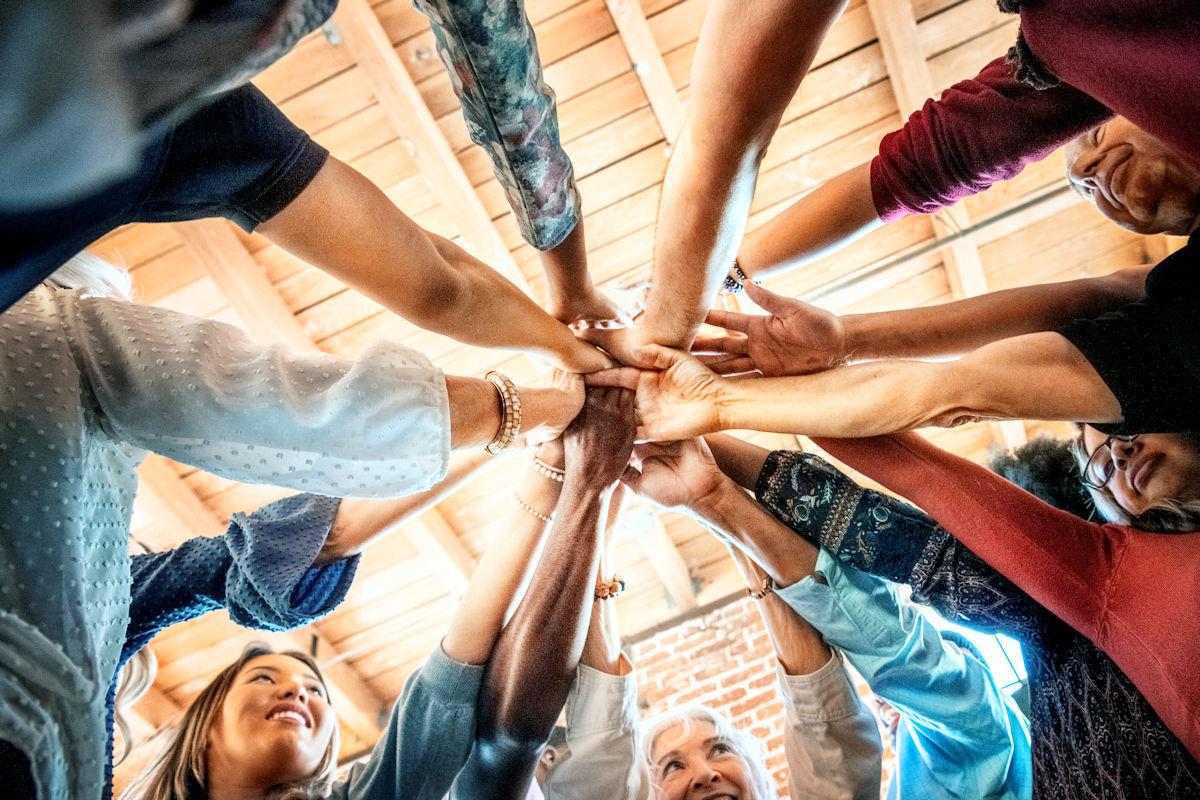
Coming Home, and How to Survive Well in This World
The world is struggling to find peace and meaning. That has been going on since humanity appeared, and maybe even before that. Our natural mind is compassionate and wise, so go through each day aware that even the most confused and hurtful person is trying to make life better, and trying to make a difference in the world.









